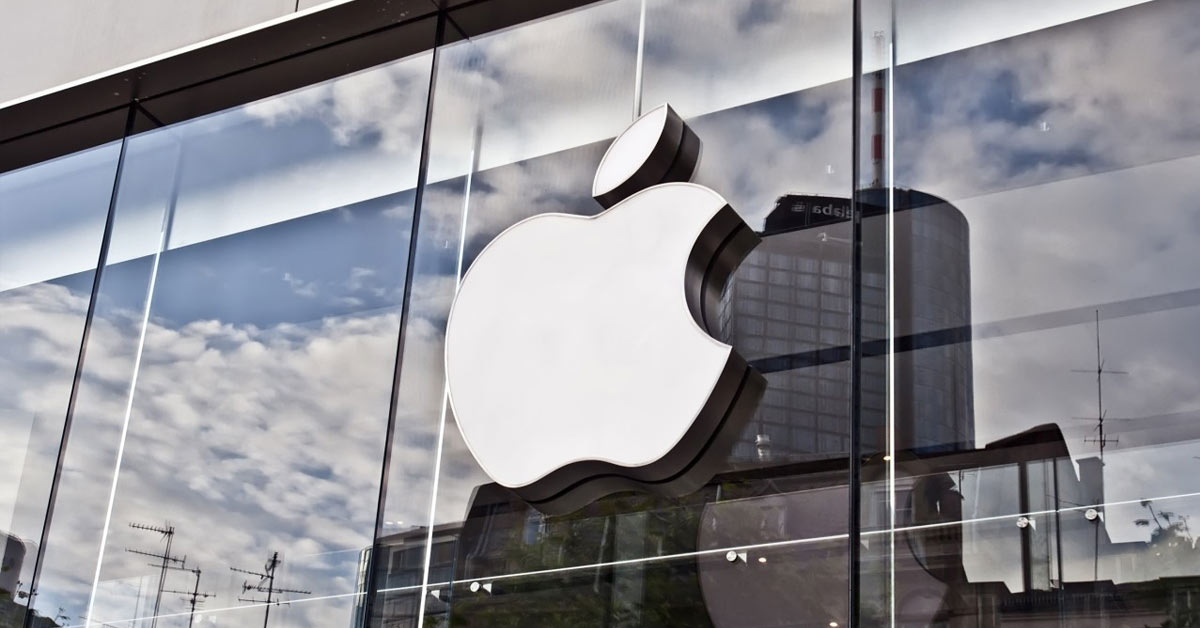In a landmark ruling on Tuesday, the European Union’s highest court has dealt a significant blow to the California-based tech giant Apple, ending the tech giant’s decade-long legal fight over its Irish tax arrangements. The decision upholds a 2016 order from the European Commission, which demanded that Ireland collect up to €13 billion ($14.4 billion) in unpaid taxes from Apple, marking a major victory for EU regulators.
The European Court of Justice‘s ruling against Apple came at an inopportune time, coinciding with the tech giant’s launch of new products aimed at boosting its iPhone, Apple Watch, and AirPod sales. However, investor confidence took a hit, with Apple’s shares dipping by approximately 1% following the news.
The Irish government issued a statement in response to the European Court of Justice’s ruling, saying “the Apple case involved an issue that is now of historical relevance only,” and reiterating its long-held stance that “it does not give preferential tax treatment to any companies or taxpayers.”
Apple disclosed in a Tuesday filing that it expects to record a one-time tax expense of approximately $10 billion for the fourth fiscal quarter, which concludes on September 28, 2024.
Following the court’s ruling, the government will proceed with transferring the funds held in escrow to Ireland, as previously instructed.
“This case has never been about how much tax we pay, but which government we are required to pay it to. We always pay all the taxes we owe wherever we operate and there has never been a special deal. The European Commission is trying to retroactively change the rules and ignore that, as required by international tax law, our income was already subject to taxes in the US.” an Apple spokesperson shared a disagreement
The European Commission launched an investigation in 2014 into Apple’s tax payments in Ireland, where the company is headquartered in the European Union. This inquiry sought to scrutinize Apple’s tax dealings in the country.
The investigation led to a landmark ruling in 2016, where the commission directed Ireland to reclaim up to 13 billion euros ($14.4 billion) in unpaid taxes from Apple. The ruling asserted that Apple had received unlawful tax advantages from Ireland for nearly 20 years, prompting the demand for repayment.
In 2019, Apple and Ireland challenged the European Commission‘s ruling, and the following year, the EU General Court ruled in favor of Apple. The court, which is the EU’s second-highest judicial body, overturned the commission’s 2016 decision, stating that the commission failed to demonstrate that Ireland had granted Apple preferential tax treatment.
The European Commission appealed the EU General Court’s decision to the European Court of Justice (ECJ), elevating the case to the highest judicial authority. On Tuesday, the ECJ overturned the General Court’s ruling and upheld the commission’s initial 2016 decision, reaffirming the original verdict.
The dispute, which originated during Margrethe Vestager‘s tenure as Competition Commissioner, underscores the persistent clashes between US tech companies and the EU. The EU has been vigorously pursuing concerns related to data protection, taxation, and antitrust practices. Apple, in particular, has been a frequent target, with the EU recently issuing a 1.8 billion euro antitrust penalty in March for abusing its market power in the music streaming app sector.
Meanwhile, the EU’s Digital Markets Act has brought about significant changes in the practices of companies operating in Europe. The commission has launched several probes under the DMA into tech giants such as Apple, Alphabet, and Meta, indicating a more rigorous examination of their compliance with the new regulations.
Besides Apple, Margrethe Vestager scored another win on Tuesday as Europe’s top court backed her crackdown against Google’s anti-competitive practices.






